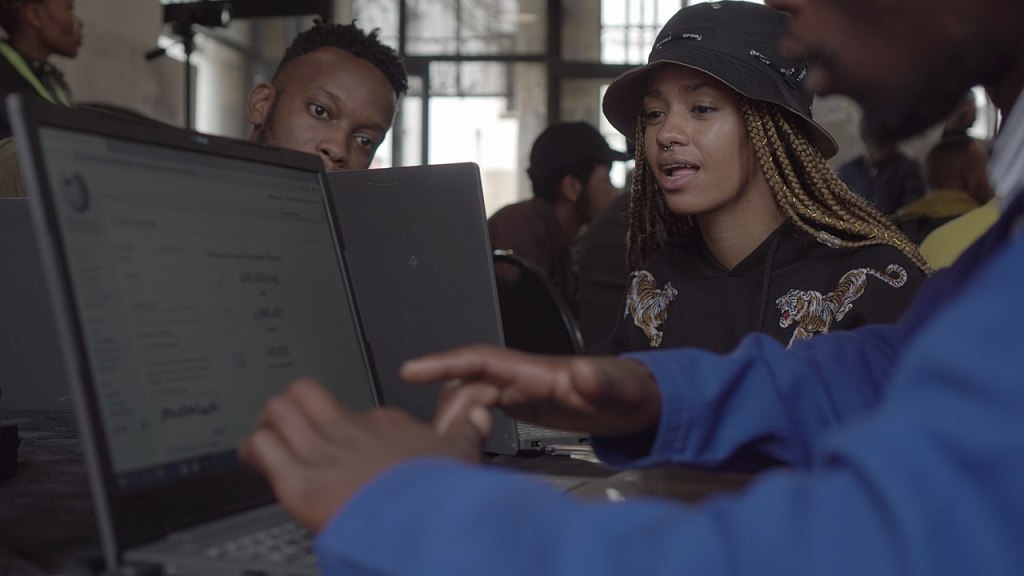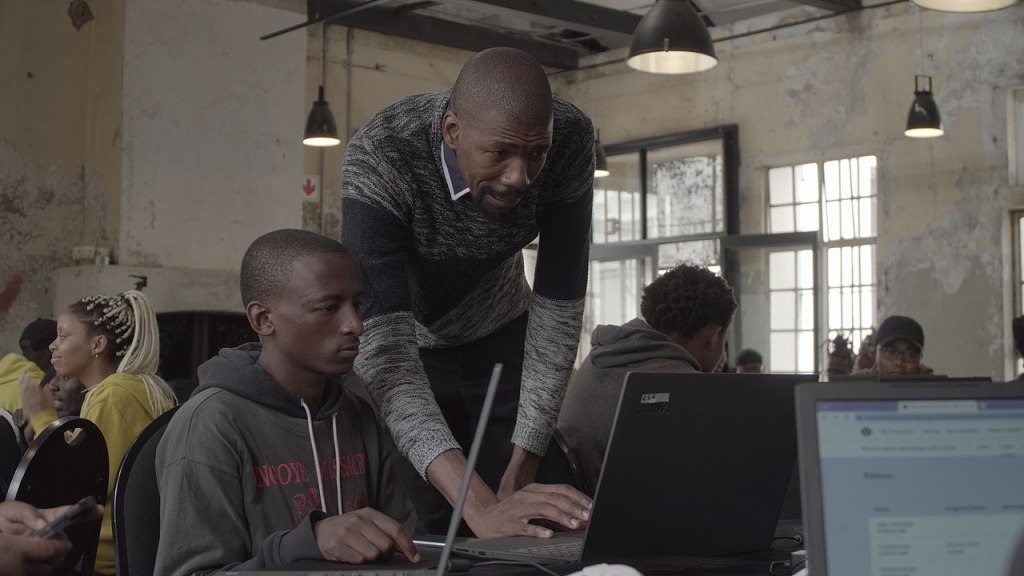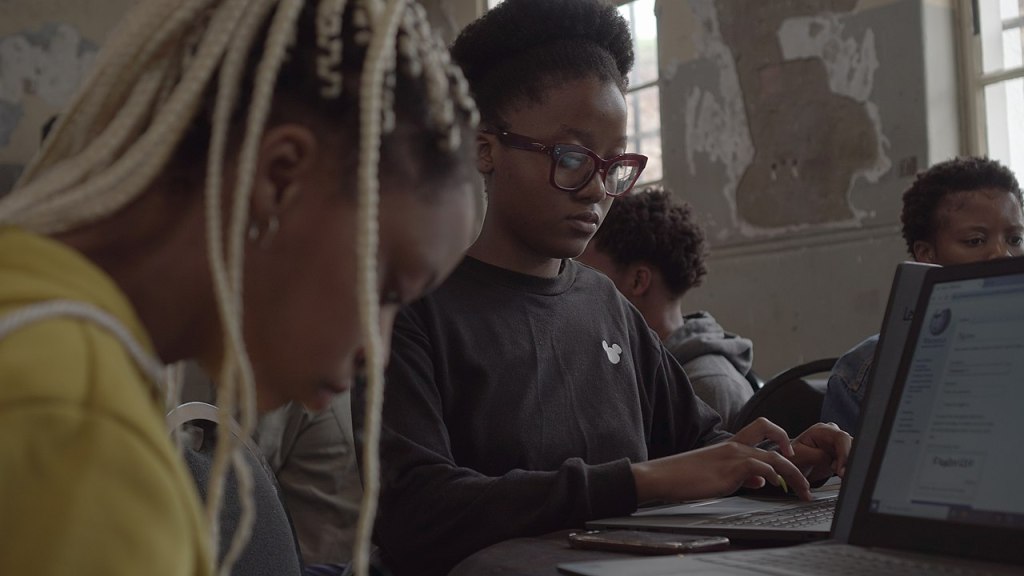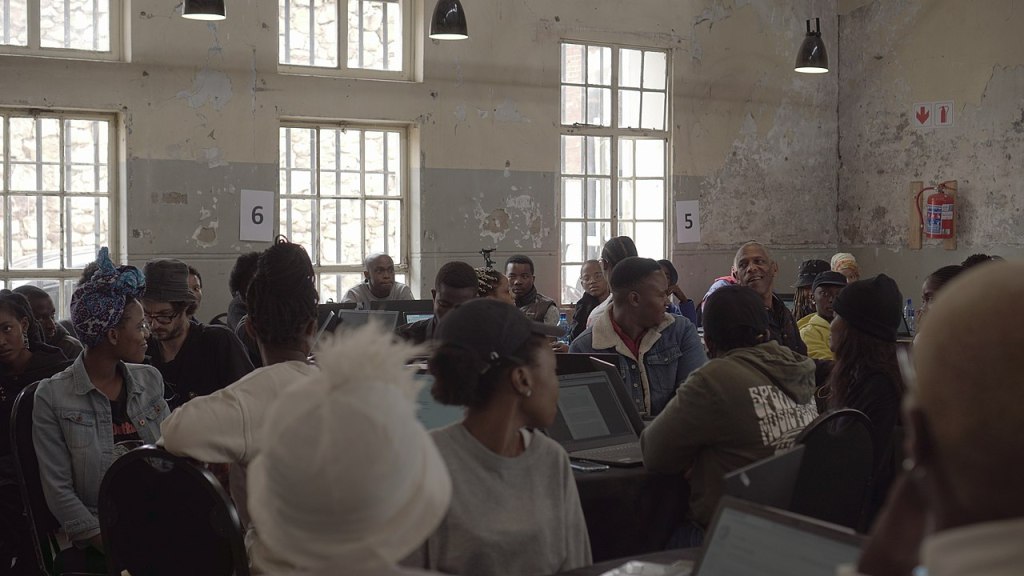
On the 4th and 5th of September, Ethale Publishing, based in Maputo, Mozambique, partnered with us here at the Moleskine Foundation to hold an online editing event, with strong support from Fondazione Aurora. Over 60 participants attended over the weekend, in an event that attracted new editors to the movement, and inspired and empowered them to create their first articles. These new knowledge creators, previously only consumers of knowledge on Wikipedia, made 60 articles during the event (See the dashboard) and continued editing weeks afterward to reach beyond 160, totaling 300 edits and 5k views.
Our events, called ‘AfroCuration’, generate a context of creativity, knowledge, and activism, in which participants can approach the content in an immersive and inspiring way, using culture to bring topics alive. We find this cultural lens attracts harder-to-reach participants, who can become valuable contributors to the movement. One such event was just mentioned by Wikimedia Foundation’s new CEO, Maryana Iskander; the 2019 AfroCuration in South Africa.
AfroCuration in Mozambique was a moment of many firsts. The event was the first of five AfroCuration events planned between now and April 2022, supported by a Project Grant. In this series of events, the Moleskine Foundation has identified African cultural partners who will be curating content under the overarching curatorial theme: “Who We Are”. This event was also the first AfroCuration we’ve ever done working through translators, as the working language of the event was in Portuguese. And it was the first year of working with an in-house Wikipedian-in-Residence. Tochi Precious Friday, the co-founder of the Igbo user group, has been a fountain of knowledge and best practices. She also connected us with the incredible talent among volunteers, who turned up to support the event. Holding the event online also strengthened inclusivity; we were delighted to see participants from more remote areas of northern Mozambique connect to contribute knowledge. Lastly, and most importantly, this AfroCuration event saw the creation of articles in a new language previously not represented on Wikipedia: Emakhuwa (Macua). According to Mozambican daily newspaper Jornal Notícas, the event was “the biggest movement of content production in local languages in Mozambique” [Jornal Notícias, 7 September 2021, ‘Conteúdos em Emakhuwa já disponíveis no Wikipédia’].

Ethale Publishing, as the cultural partner, brought on board their knowledge of Macua culture and knowledge gaps online, participant engagement, and management. They secured the support of prestigious Rovuma University to help with language standardization and grammar. Additionally, they brought on the inspirational speaker Constantino Warilla, a musical legend.
Fondazione Aurora is a valued strategic partner of the Moleskine Foundation. Fondazione Aurora CEO, Marta Sachy, supported the AfroCuration event with a cultural reflections session. This is an introspective journey of reflecting upon the experiences and learnings brought about by the event. Marta also assisted with translation support, while her team provided various behind-the-scenes types of support.

Here is some feedback direct from participants about the event:
“I thought about giving up because of the technological tools. I felt invigorated, useful learning for life, I wish there were more events of this kind to revive the knowledge acquired.”
Admira
“The program was excellent, we had the privilege of learning how to take Macua culture beyond borders and to publish articles on Wikipedia. I promise to take this learning to teach others. Especially in schools as a way of valuing our written language.”
Vicente

Why is this important to us
The Moleskine Foundation is a non-profit organization that pursues a mission of ‘Creativity for Social Change’. Our purpose is to inspire, encourage and connect young people to transform themselves and their communities through creativity. A central belief is that creativity is key to producing positive change in society, reducing inequalities, and driving our collective future. A precondition of creativity is knowledge. Creativity cannot exist without knowledge, whether this is knowledge of one’s culture, history, field of work, etc. AfroCuration leads participants to increase the production of online knowledge resources from Africa by equipping young people with the skills to become knowledge producers.
Earlier in 2020, the Wikimedia Foundation signed a Memorandum of Understanding with Moleskine Foundation in which we state our joint long-term aims surrounding building the capacity of knowledge producers from Africa and the African diaspora. We will collaborate to create and empower more knowledge producers from communities speaking African languages, to reflect these cultures on the Wikipedia platform. This collaboration focuses on the AfroCuration event format, which is part of the wider WikiAfrica Education program of the Moleskine Foundation. Practically, we hope these efforts increase the plurality of identities contributing to Wikipedia, and generate content that makes Wikipedia relevant to Africa and the diaspora.
Journey ahead
This is just the beginning of a much longer journey. We hope over the next three to five years to continue supporting the communities we’ve come into contact with. Already in this grant cycle, we expect to reach South Africa (October 26-27th), Morocco (April 4-5th), Zimbabwe (December 9-10th), and more. But we cannot do all this alone.
If you are an experienced Wikipedian who wants to support the increase of content in African languages on Wikipedia, then please get in touch with Tochi [[User:Tochiprecious]] and find out how you can support our efforts in the movement. And if you are an administrator in some of the Wiki’s our participants are working on, please be as supportive as you can be of the new editors so they want to stay part of the movement. Creativity requires knowledge, making these efforts small yet significant contributions to the wider open knowledge movement. We are, after all, going in the same direction.
Moleskine Foundation website: https://moleskinefoundation.org/ @MoleskineFoundation

Can you help us translate this article?
In order for this article to reach as many people as possible we would like your help. Can you translate this article to get the message out?
Start translation